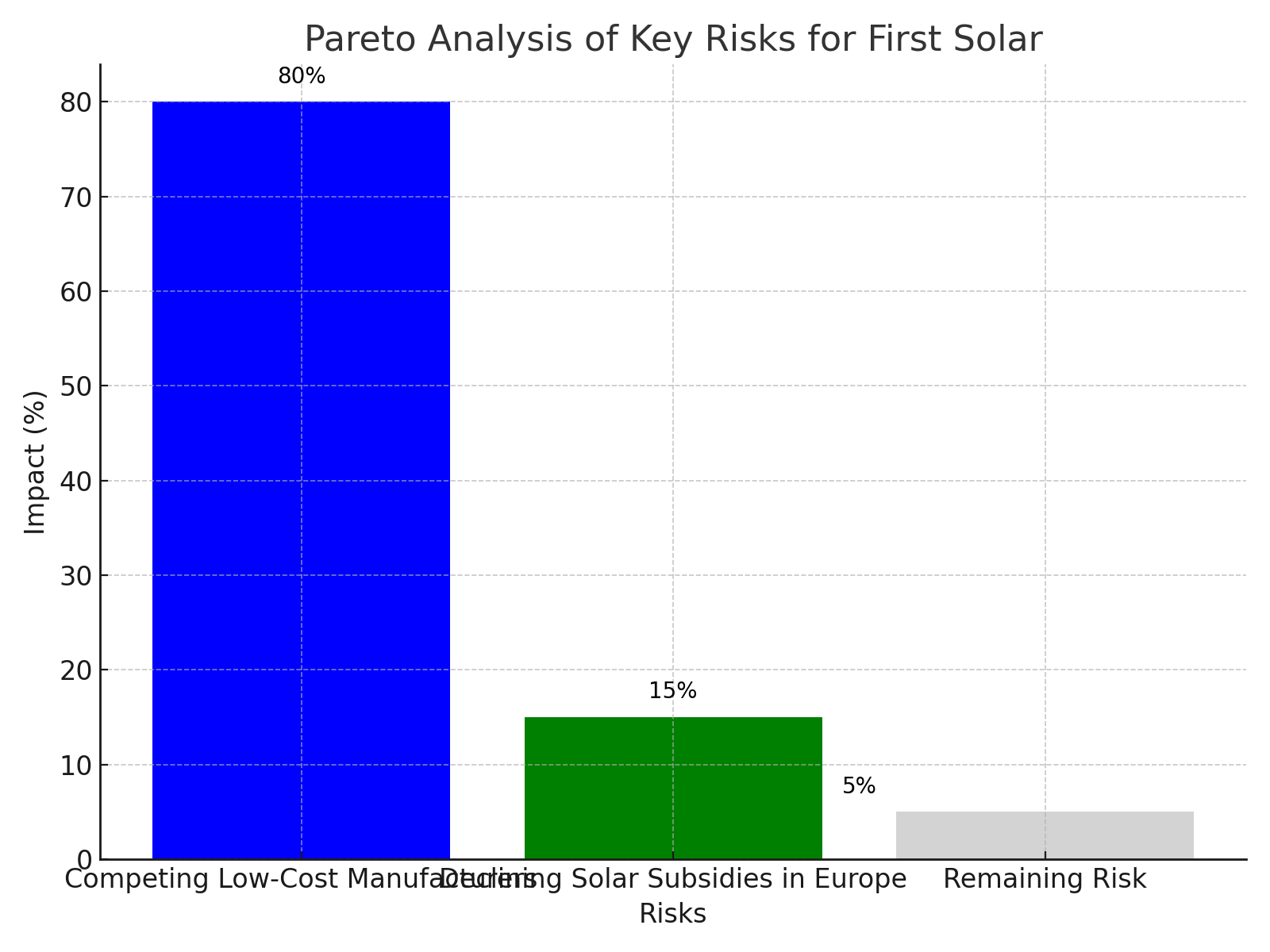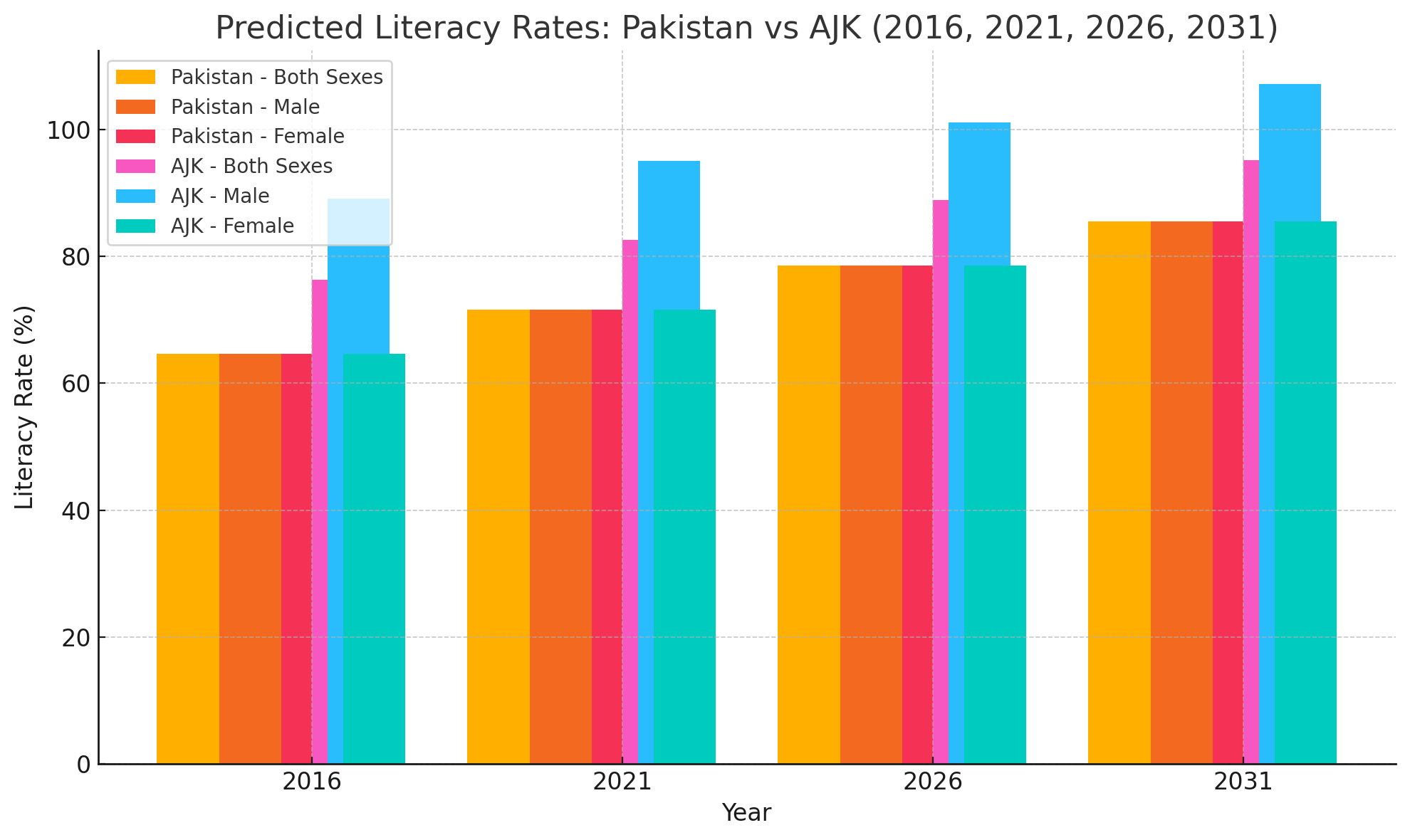Infrastructure development initiatives play a fundamental role in accelerating economic growth, improving living standards, and enhancing the well-being of a nation (Gupta and Saini, 2019). The demographic shift increases the demand for modern and resilient infrastructure sectors like transportation, energy, and urban development to mitigate the country’s exponential population growth and urbanization pressure and ensure the economic and social uplift of a country like Pakistan (Aziz and Khan, 2019). Still, managing large projects – procurement and contracting management systems – is apprehended with inefficiencies and other similar problems (Raza and Hussain, 2017a&b: Siddiqui, 2020).
By rules framed under the Public Procurement Regularity Authority (PPRA) ordinance, the PPRA ensures fair, transparent, and efficient procurement of goods and services. It promotes ethical behavior through procurement rules and strict monitoring processes to curtail corruption in all state sectors working under legal frameworks and ethical norms. Despite some oversight, the procurement process has for years been plagued by inefficiencies – delays, graft and lacking accountability (Shukla and Sharma, 2018; Gupta and Saini, 2019).
To overcome these challenges, Pakistan embraces the process of innovation in procurement practices. The E-Tendering initiative is a major reform effort to digitize the procurement system under the Digital Pakistan (DP) initiative with expected benefits including less corruption, easier tender submissions and greater efficiencies across the procurement process (Aziz and Khan, 2019).
Besides e-Tendering, Public-Private Partnerships (PPP) plays an important role in Pakistan’s infrastructure development. With the PPP model, the government develops services and works with private sector players, sharing investment risks and rewards while ensuring public oversight. It reduces financial engrossment, implements private assets and improves on good project age. To see its success, it is important to note that overall PPP contracts are complex in terms of risk sharing and performance and, therefore, must be challenging to manage (Khan and Ahmad, 2016 a&b).
This research report explores the tendering system and contract management practices across Pakistan’s provisional infrastructure sector. It discusses e-Tendering, the different models for the various types of PPP, and the 2002 public procurement regulatory framework of the government. The report also specifically looks at infra-related general issues in Pakistan. It provides insight on what did not work, including delays, cost overruns and the bad nature of contracts. The report ends with actionable suggestions to improve procurement practices and promote transparency, ultimately enabling better infrastructure outcomes in Pakistan.

